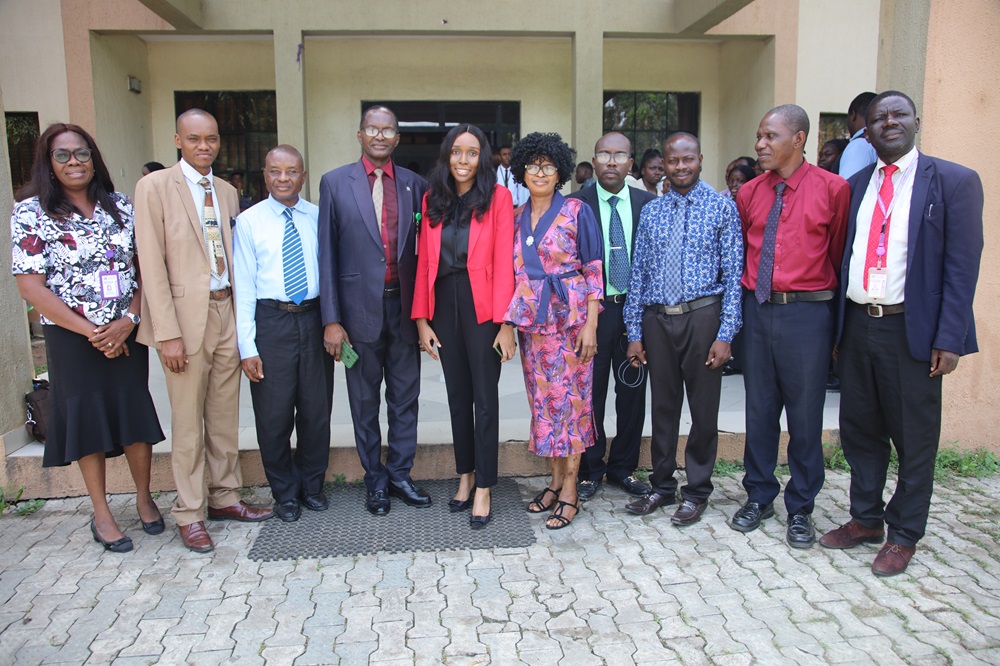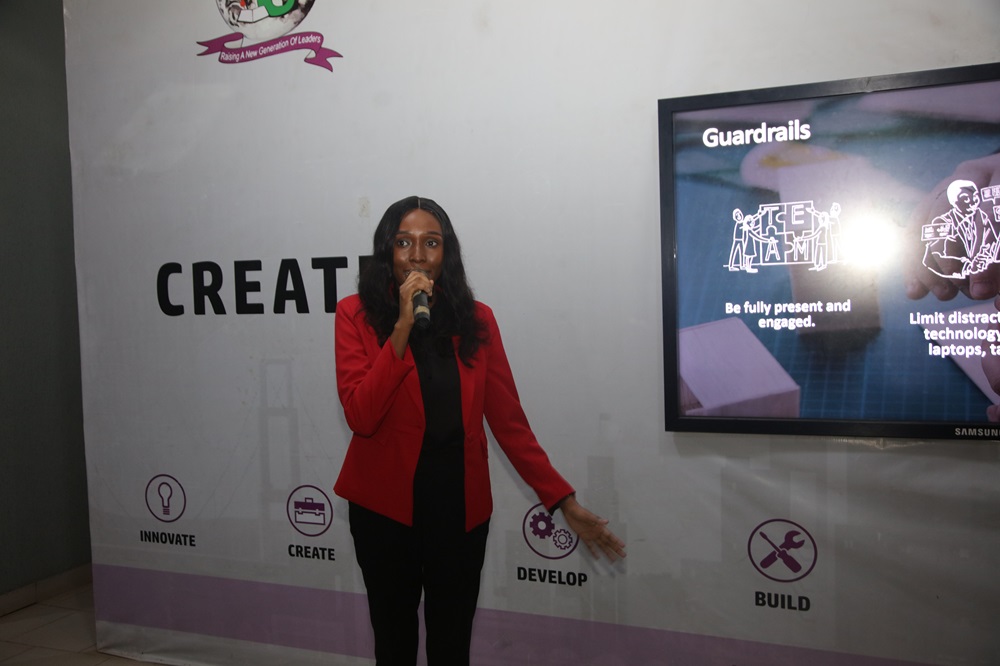In a recent Town and Gown seminar organized by the Department of Economics and Development Studies, Covenant University, the spotlight was on the pivotal role of soft skills in achieving career success.
The Guest Speaker, Miss Amaze Obaseki, a Strategy Consultant at Ernst and Young, Nigeria, and a distinguished alumna of Covenant University, who graduated with a first-class degree in Economics, spoke on the topic, titled, ‘Soft Skills: The Foundation of Career Success,’ during the event which held at the Centre for Entrepreneurial Development Studies (CEDS) Multipurpose Hall.
She described soft skills as essential ‘people skills’ that are crucial for professional success. Referencing the World Economic Forum's Future of Jobs Report, she highlighted that by 2025, key skills in the workplace will include problem-solving, communication, creativity, and adaptability.
Obaseki decried the lack of patience in the acquisition of soft skills which make for professional excellence of which communication is the most crucial. Emphasizing the importance of these skills, Obaseki noted that soft skills enhance professional relationships, boost workplace efficiency and productivity, and help individuals stand out in their careers.
She detailed five critical soft skills necessary for professional success, the first one being, effective communication, where she quoted George Bernard Shaw, stating that, “The single biggest problem in communication is the illusion that it has taken place.” She underscored the need for clear idea conveyance, effective listening, body language mastery, and understanding of others' perspectives.
The second point she gave was teamwork, drawing from Helen Keller's wisdom, “Alone we can do so little, together we can do so much,” she highlighted the importance of working well with diverse individuals, recognizing unique abilities, and maintaining a positive attitude to achieve common goals.
Obaseki, also made a third point which bordered on adaptability and problem-solving, where she emphasized the necessity of adaptability to staying ahead of challenges; encouraging students to practice this skill while in school, in order to reach a point of mastery before joining the world of work. She advocated for a structured thinking approach and a belief that challenges can be overcome.
Finally, she listed conflict management as an additional key factor in addressing the inevitability of workplace conflicts, she pointed out the need for constructive dispute resolution, which requires good communication, active listening, empathy, and emotional control.
To further develop these skills, Obaseki recommended students read relevant books, engage with difficult people, and take online courses from platforms like Harvard.
The seminar concluded with an interactive case study where three students applied the discussed soft skills to real-life scenarios. Obaseki advised students to remain open-minded, continuously learn, network, and add value to others.
During the question and answer session, she shared her professional experiences, underscoring adaptability, open-mindedness, and the acquisition of relevant skills. She encouraged students to recognize the value of their current coursework, as it could be unexpectedly beneficial in their future careers.
In his closing remarks, the Head of the Department of Economics, Professor Mathew Oluwatoyin, commended Obaseki for her insightful presentation and reminded the participants that change is a constant in our dynamic world and to make progress, one must continue to embrace and adapt to change. He encouraged all participants to put what they have learned to practical use in order to see results.
He appreciated members of the University Management for setting up the Town and Gown platform which has been invaluable in building up the professional awareness of the students of the Institution. He also thanked the members of the Department for their roles in ensuring the success of the event.


